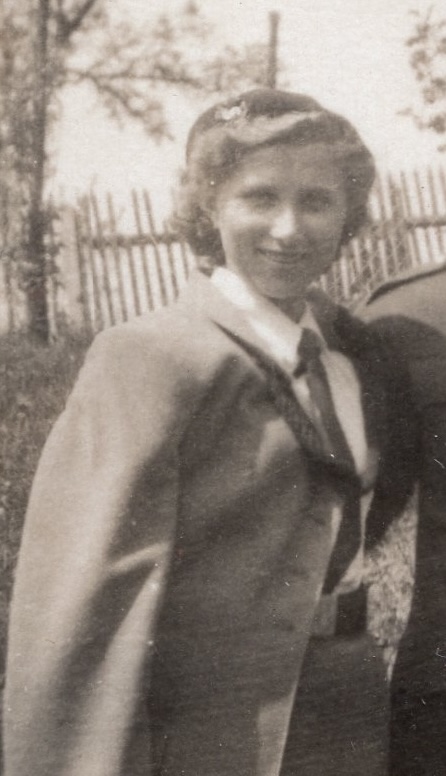During the First Republic she spent her holidays in Vienna

Download image
Eva Teichmannová was born on December 15, 1933 in Zábřeh into the family of Vratislav Lubojacký and his wife Růžena, née Trnková. Her grandfather Karel Lubojacký joined the Czechoslovak legions during the First World War. On June 17, 1919 he died in a hospital in Krasnoyarsk due to a ruptured appendix. Her mother, Růžena Trnková, was born in Vienna but came to Klimkovice as a child and was taken in by Mr. and Mrs. Čížek. They ran a hairdressing and barber shop on the square. She was apprenticed there and later worked there. Eva Teichmannová’s first memories are thus linked to the hairdressing business. During the Nazi occupation she had to attend a German school. After the end of the Second World War, her father joined the National Socialists and she began to attend Sokol. She also took part in the XIth All-Sokol Meeting in 1948. It was there that she contracted polio. After graduating from business school, she joined the technical department of the Ostrava-Karviná mines. However, she did not find the work fulfilling and asked for a transfer to the legal department, where she was in charge of debt collection. She remained with the company until her retirement age. After the Velvet Revolution, she started travelling. In 2024 she lived in Klimkovice, in a house built by her grandmother.
























